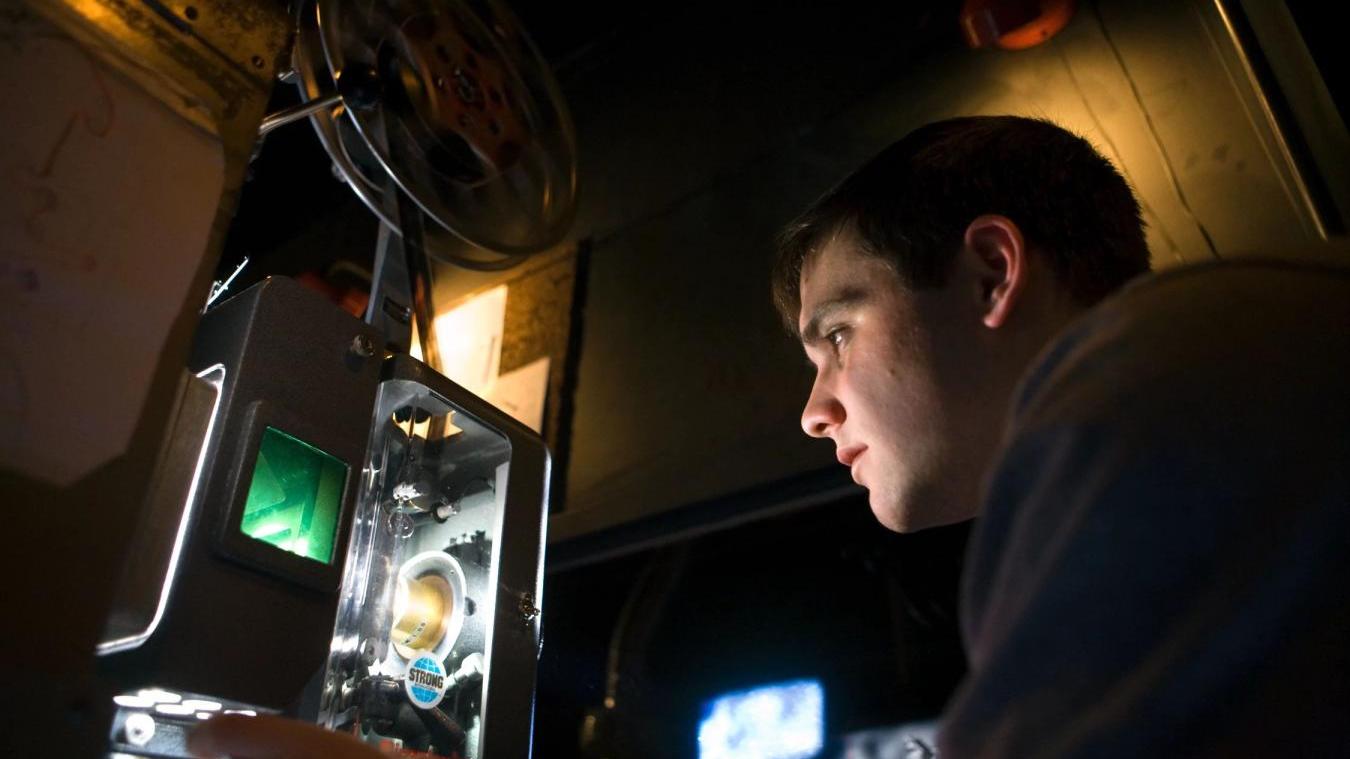Film series: Cinematic Cities

image from Fellini’s La Dolce Vita
In conjunction with the course Cinematic Cities being taught by Patricia Keller (Comparative Literature/Romance Studies) and Cecelia Lawless (Romance Studies), Cornell Cinema presents a selection of films exploring three cities - Rome, Havana, and Los Angeles - in addition to a special showing of Fritz Lang’s dystopian epic, Metropolis, with live accompaniment by the Alloy Orchestra. According to the course description, from the earliest days of silent cinema, a rich tradition of what are called "city films," combining technological innovation with the exploration of specific urban spaces, was born. Students in the class will learn how to think about the possibilities and limits of cinema as a way of "knowing" a city and its cultures, including linguistic cultures. The focus will be on the relationship between the cinema and the development of urban centers. Another highlight of the series, in addition to the Metropolis event, is a screening of a new 4K digital restoration of Mikhail Kalatozov’s masterpiece, I Am Cuba. The newly restored film is “even more ravishing and surreal — the improved visuals and the single-language soundtrack allow viewers to experience the film’s extraordinary cinematography, sound editing, and narrative power. Started only a week after the Cuban missile crisis, I am Cuba was designed to be Cuba’s answer to both Sergei Eisenstein’s propaganda masterpiece, Potemkin and Jean-Luc Godard’s freewheeling romance, Breathless. But I Am Cuba turned out to be something quite unique — a wildly schizophrenic celebration of Communist iconography, mixing Slavic solemnity with Latin sensuality. The plot, or rather plots, feverishly explore the seductive, decadent (and marvelously photogenic) world of Batista’s Cuba — deliriously juxtaposing images of rich Americans and bikini-clad beauties sipping cocktails poolside with scenes of ramshackle slums filled with hungry children and gaunt old people. Using wide-angle lenses that distort and magnify, and filters that transform palm trees into giant white feathers, cinematographer Sergei Urusevsky’s acrobatic camera achieves wild gravity-defying angles as it glides effortlessly through long continuous shots. But I Am Cuba is not just a catalog of bravura technique — it also succeeds in exploring the innermost feelings of the characters and their often-desperate situations. It will change your view of cinema forever!” (Milestone Films) Cosponsored with the Dept of Romance Studies.






